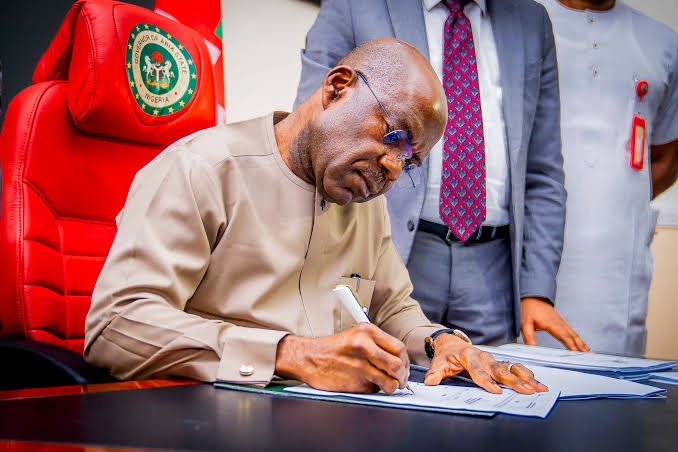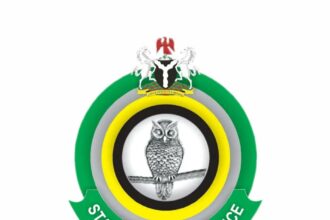
The Abia State Government has announced plans to introduce stricter disciplinary measures to curb absenteeism and misconduct among public school teachers, including the rollout of a biometric attendance system. Lydia Onuoha, Chairman of the Abia State Universal Basic Education Board (ASUBEB), revealed this while addressing concerns over what she described as a growing trend of poor attendance and negligence of duty by teachers in public schools across the state.
She stated that the government would begin enforcing the Public Service Rules and the Teachers’ Code of Conduct, with disciplinary measures such as queries, suspension, and dismissal applied when necessary. “The full weight of public service rules shall be invoked where necessary, and the government will not hesitate to act in the interest of the children and the future of our state,” Onuoha said.To tackle the issue, the government will implement biometric attendance systems in schools to track teachers’ presence and punctuality. A comprehensive monitoring and enforcement strategy will also be put in place in collaboration with local government education authorities and school management committees. This will include unannounced school visits and mandatory monthly attendance reports submitted by Head Teachers to their respective Local Government Education Authorities and ASUBEB.
Onuoha described absenteeism as a breach of professional ethics and public service standards, stressing that it undermines trust in the teaching profession and contradicts the efforts of Governor Alex Otti’s administration to enhance education in the state.
She noted that the government has already approved overdue promotions, paid leave allowances, and implemented the 27.5 per cent teachers’ special salary allowance as part of efforts to improve teacher welfare.
The ASUBEB chair reiterated the administration’s commitment to strengthening the quality of public education, stating that the new measures are intended to ensure that investments in the sector deliver tangible outcomes for students and their communities. Source: https://guardian.ng/








